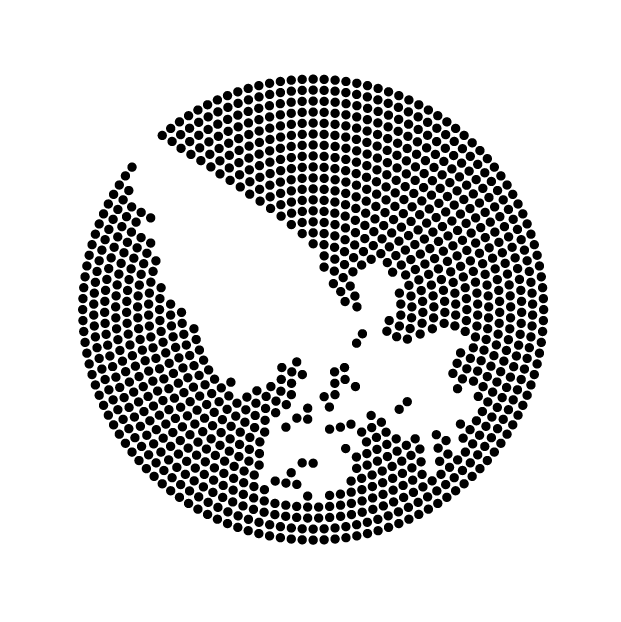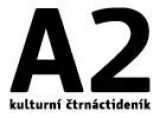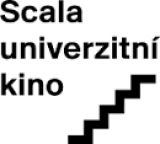2023/24
Season 49:
The End of Illusions
Our illusions about a good restart of our society are gone. The latest events are becoming more dramatic every year and the bedrock of our values starts to crumble despite our hopes for a better future. How to be a good person when everything is so expensive?
It turns out that many achievements we considered to be an integral part of modern society are only linked to financial abundance and conjecture. We work more, but where does all the money go? As if the logic of economic growth itself was the greatest value worth any sacrifice in hard times while everything else – culture, education, environmental care – has to be curtailed and dreams of development put on hold. Solidary, cultural and educated society can wait. Again.
Climate crisis is not over and our hopes of its satisfactory settlement fell apart with the latest report of the Intergovernmental Panel on Climate Change. Governments do not act quickly enough and state institutions, ground by capital, are failing live while facing a gradual disintegration of democracy and efficient PR strategies of those who can afford them. Russia’s war against Ukraine contributes to the grim state of things as it goes on despite all human, environmental and material losses. Our local dreams of open Europe and post-revolution catching-up with the West cease to exist. In the meantime, a growing part of the population sets its life strategies deeply under the minimum decent wage that was CZK 41 000 in 2022. Precarious conditions lead to frustration and growing mistrust in democratic institutions while strengthening positions of anti-European, racist and radical actors and encouraging aggression and extremism. Opinion gaps of once close people in families, school collectives or workplaces continue to deepen. Our society is getting split into several mutually impermeable societies. These modern “cultural wars” consist of fostering identity boundaries and world views driven by searching enemies and seeking to “eliminate” them instead of opening a dialogue. Where in our opinions and thinking boundaries help us grasp the world that becomes increasingly liquid, and where are these boundaries detrimental, creating artificial walls between groups of people that should form alliances?
Uncertainty is also linked to a new test humankind is facing that challenges our feeling of uniqueness and irreplaceability. AI technology capabilities are growing fast. Robot bees pollinate flowers, algorithms design cars, ChatGPT writes creative texts. Question marks multiply in the background of all these useful features. AI is growing not only as an assisting technology but also as a competitor to almost every profession. But who benefits from these advancements? Which elements of humanity can AI reproduce and who controls (if anyone) its development?
Signs of utopia have been replaced by the language of pragmatism and the feeling of “no future”, repeated for the umpteenth time in the history of modernity. Isn’t this society stolen by oligarchs also ours? How do we reclaim it? Does it make sense to go back to it? Is it time to sober up from the ideals of an intrinsically rich and just society for all? And what are the other illusions we need to grow out of?
Large shocks are not always only destructive – they often reveal important questions we didn’t feel the need to answer in times of stability. The concept of family as a patriarchal and monogamous standard for everyone, in which we know our roles and what is expected of us, is going through an unprecedented upheaval. We learn that there is no universal right life and that we need to determine what is right for us. In addition to learning, unlearning is also becoming more important. The energy previously devoted to fulfilling external preconceptions of what is right and desirable is shifting towards discussion and a permanent process of self-discovery. Understanding our own identity takes the form of therapy with specialists, drug, spiritual or sexual experiments, trips to wilderness as well as simple journeys back home, to the roots.
In search of new sincerity, we see hope in topics of of well-being, availability of psychological and psychiatric care, destigmatization of mental issues. In an unhealthy society, mental state is no longer a matter of personal success or failure but relates to the overall state of society. And this experience of interlinkedness may be our new source of hope that can give us strength.
This leads to the question who can afford this self-reflection and who actually gets to think about all these things. How can we find time for that? Is it only those variously “priveleged” or also those drowning in debt and waking up with nightmares of forfeiture?
Is the end of illusions coming? And what do we do about illusions we don’t want to give up on?
It’s Only the End of the World Queer Runner (Labyrinth of Sensitivity / Paradise of Reason) In the Eye of the Wild










